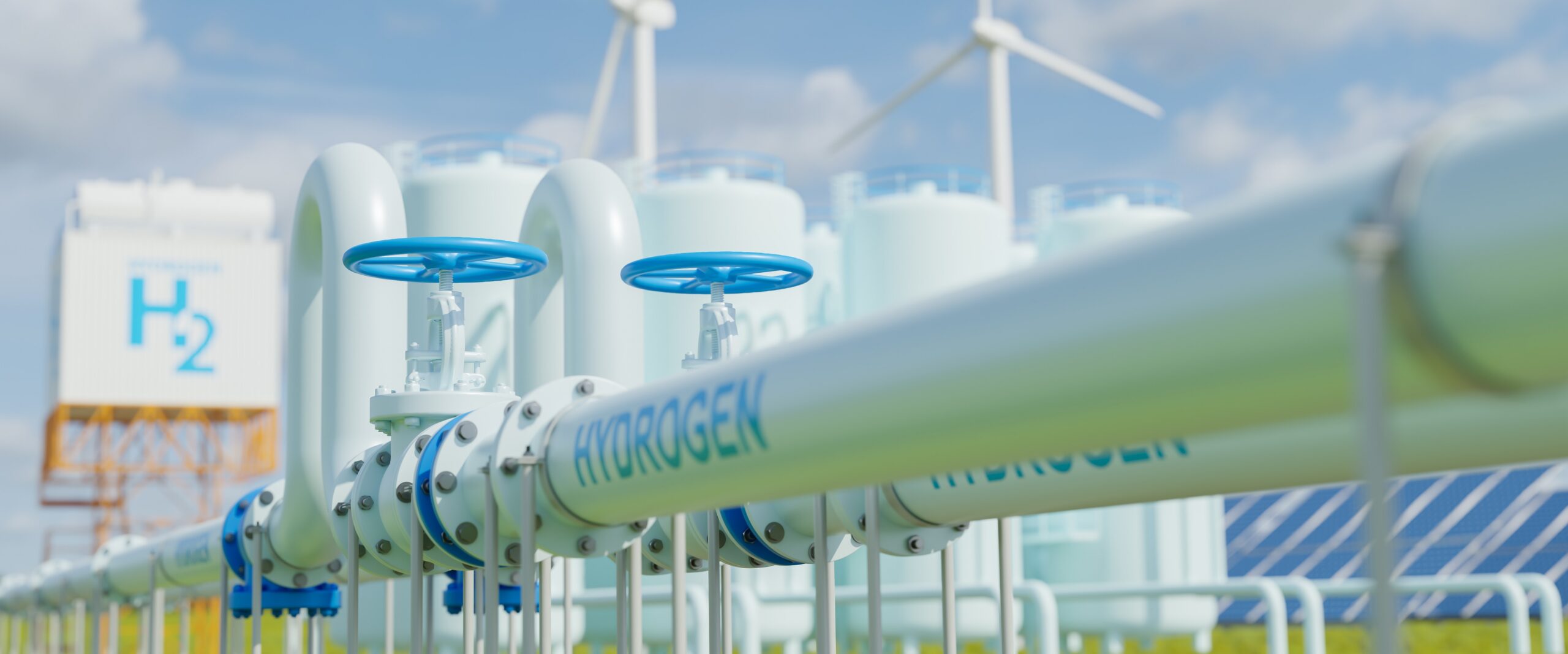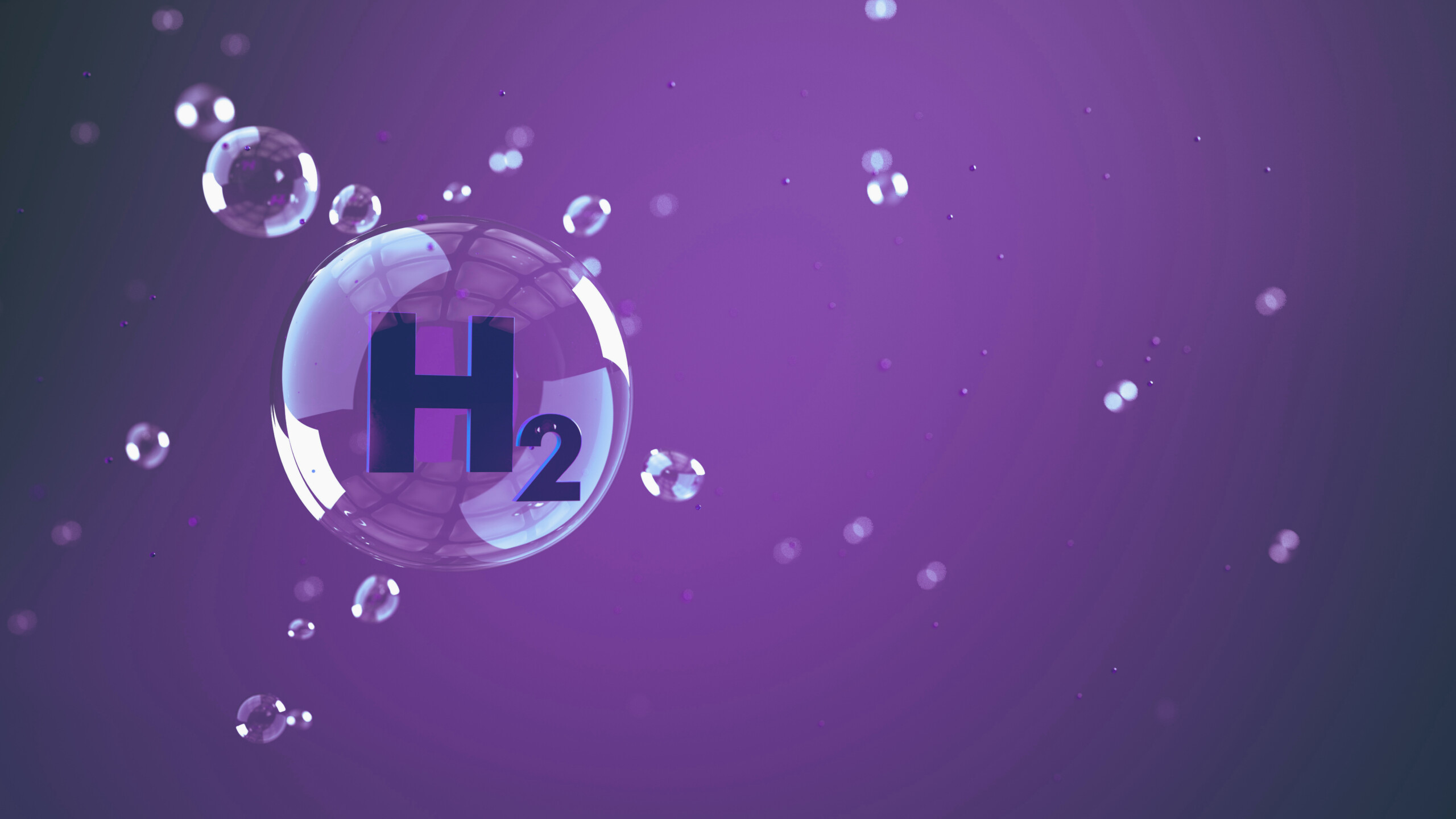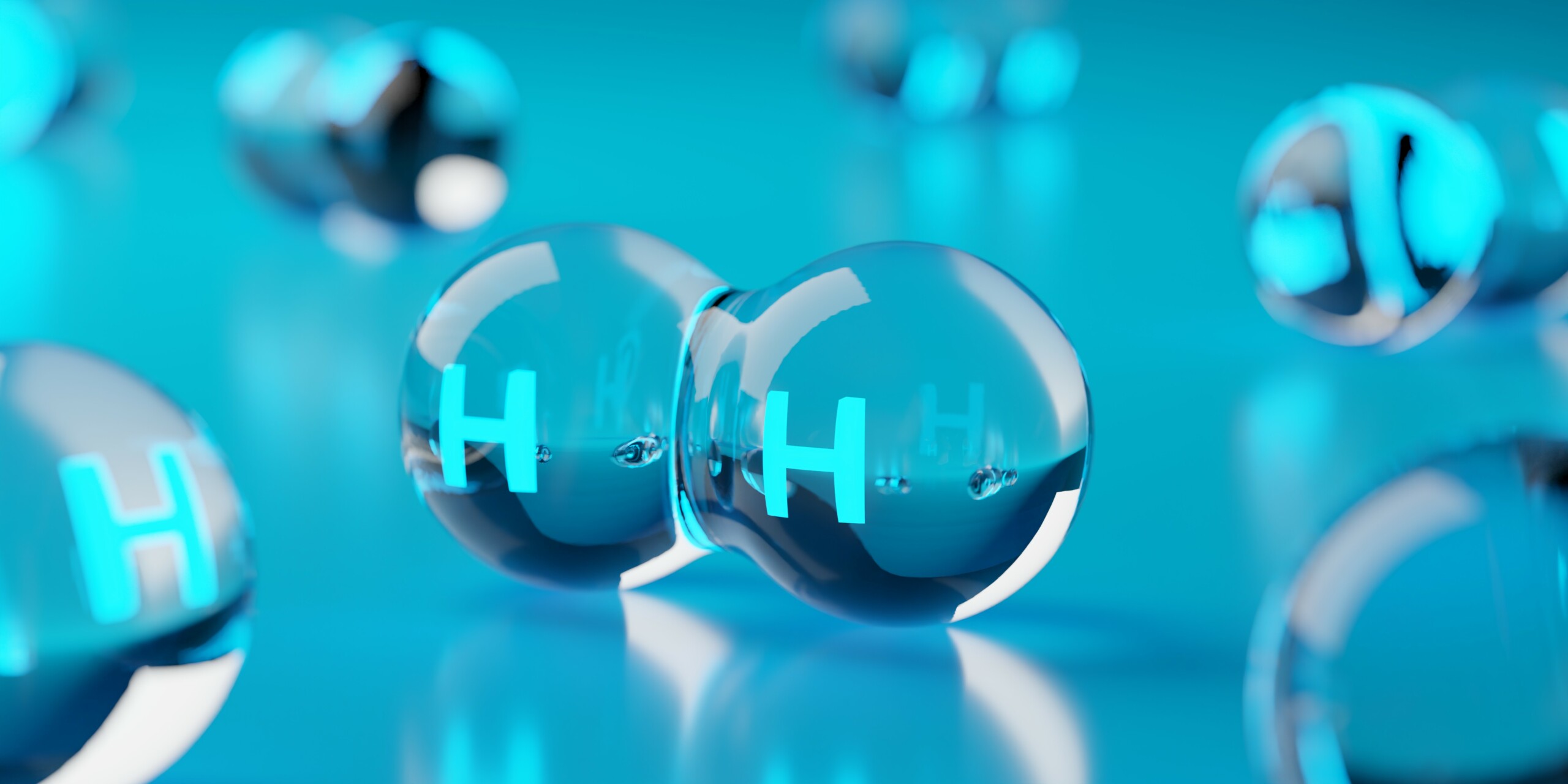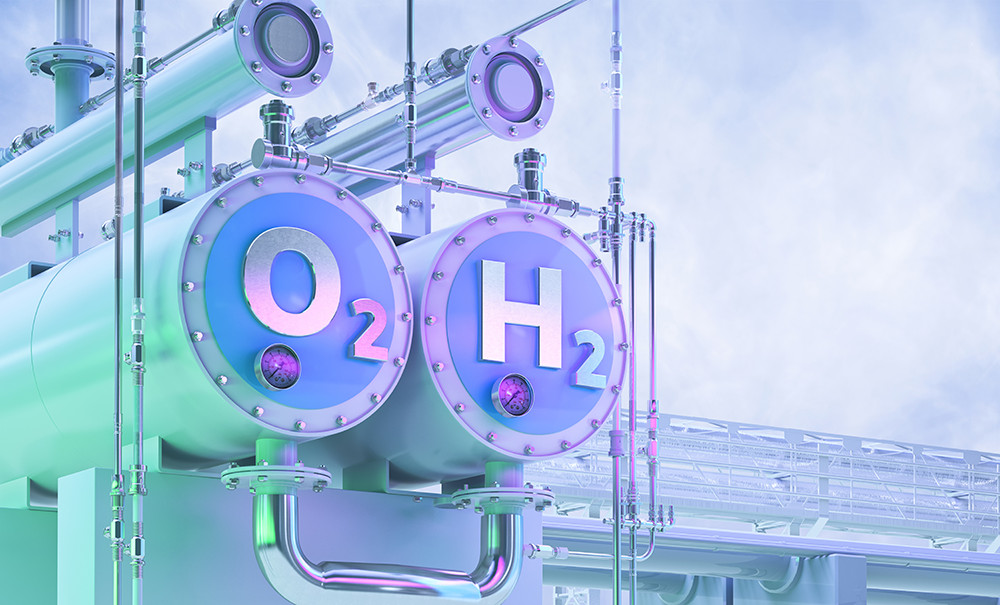NEWS & INSIGHTS | Opinion
Hydrogen on the Move: Distribution, Transportation, and Storage

To truly revolutionise the energy sector and meet our net-zero targets, we need to harness innovation and create an environment that supports developing and deploying new solutions.
Our Net Zero R&D Programme invests in industry–led, academically delivered end-to-end innovation projects to accelerate technology development through funded collaboration with Scottish Universities.
These early TRL projects benefit from the universities’ resources and experience, paired with practical know-how through industry connections to help strengthen investment, ensure relevance, and deliver impact.
A robust hydrogen transportation and storage system will be essential to distribute and store the 10GW of hydrogen produced by 2030 as part of the North Sea Transition Deal. At NZTC we aim to deliver affordable hydrogen transport and storage solutions by repurposing two major trunk lines and exporting 2 terra watt hours of hydrogen to Europe per year.
With repurposed pipelines estimated to cost at least 60% less than new pipelines, it will be essential to reuse existing systems wherever possible to keep costs low. McAlpha Inc is assessing the reuse of subsea natural gas pipeline infrastructure for bulk hydrogen transportation. The project focuses on laboratory experimentation designed to enable the prediction of hydrogen embrittlement. Insight derived from this work will inform decisions on the suitability of repurposing existing pipelines and storage tanks for hydrogen service.
The pipeline network must be free from leakages, a challenging but imperative necessity when transporting hydrogen. Actuation Lab Ltd’s pioneering magnetic coupling technology addresses this specific area. Their technology eliminates the hazard and cost of leaking hydrogen valve stems, enabling hydrogen to be transported and stored safely.
Ensuring hydrogen is measured accurately is also essential for hydrogen production, transport and storage. The Net Zero R&D Programme has identified Hy-Met Limited’s measurement platform, for hydrogen and other unconventional gases, as a promising solid-state metering solution for hydrogen measurement. The technology could further decarbonise the heavy transport industry and potentially pave the way for using hydrogen-derived energy in domestic and industrial heating.
Carrying energy to end users
Thanks to its high volumetric hydrogen density and established storage and transport infrastructure, ammonia offers a relatively low-cost solution for effective hydrogen transport and storage. Ammonia is broken down into nitrogen and hydrogen, allowing the hydrogen to be used as a fuel to help the UK achieve net zero.
With targets to produce 10GW of hydrogen by 2030, McAlpha Inc aims to create a novel process to produce ammonia as an alternative to the conventional, highly energy-intense Haber Bosch process. They are studying the materials required for air separation to generate nitrogen and hydrogen to produce zero-carbon ammonia via a more energy-efficient method.
ZEM Fuel Systems are also looking to use ammonia as a hydrogen vector to decarbonise marine transport in North-East Scotland. A Solid Oxide Fuel Cell system will simultaneously crack and convert ammonia at nearly twice the efficiency of a combustion engine to produce electricity to drive ships without producing CO2 or polluting off-gases such as NOx, thereby improving air quality by replacing high sulphur fuels. The uptake of this technology will also enable job creation for retrofitters, fuel cell manufacturers and maintenance personnel.
Tackling intermissions and demand fluctuations
Underground storage is a crucial component of the hydrogen market to manage supply and demand fluctuations and temporary disruptions in supply routes.
The Scottish Gas Network is carrying out modelling and simulations to assess the feasibility of using the Earl’s Seat Anticline in Fife as an underground storage site for hydrogen. These insights will optimise the approach and inform decisions on making this location into a key demonstration site for underground hydrogen storage.
Our project with CGG-Robertson also looks at the potential of storing hydrogen underground, this time in depleted gas reservoirs. This project has the potential to unlock the storage of hydrogen in repurposed end-of-life gas reservoirs by assessing the suitability of two likely storage environments offshore in the UK and Ireland, defining the optimal geological storage conditions for seasonal hydrogen storage.
NZTC’s Net Zero R&D Programme is funded through a partnership between the Scottish Funding Council, Scottish Enterprise, and the Scottish Government. This initiative advances research and development to support the UK’s goals of reducing greenhouse gas emissions and achieving a more sustainable energy system.
Subscribe for the latest updates




